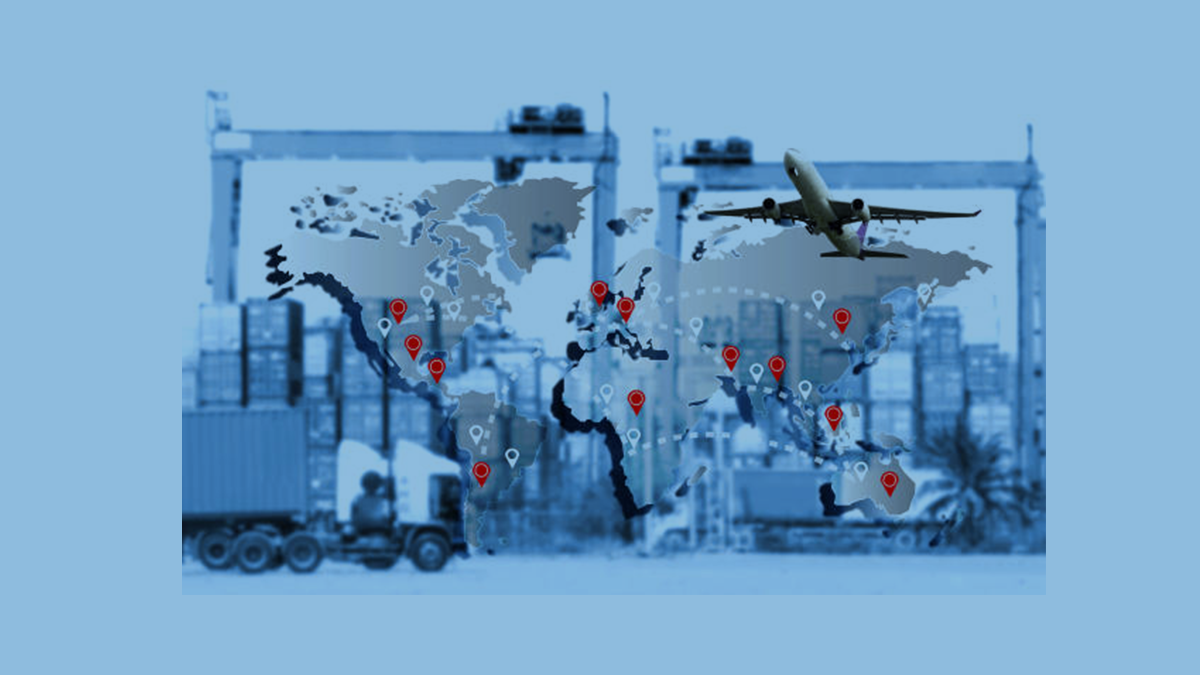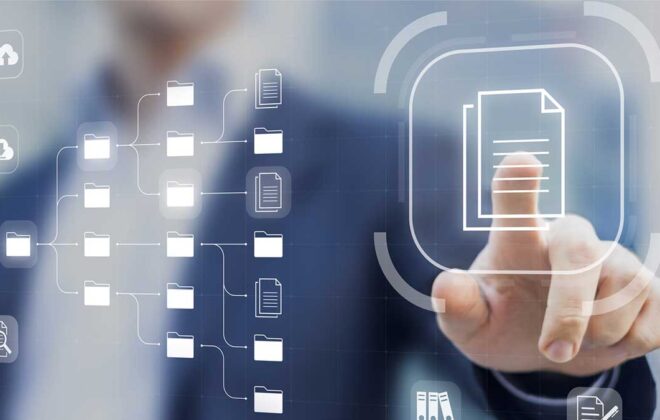
Purchasing and supply chain
Supplier Management:
ERP systems enable organizations to manage supplier information, maintain supplier databases, evaluate supplier performance, and facilitate communication with suppliers.
Purchase Requisition:
Users can create purchase requisitions within the ERP system to initiate the procurement process. Requisitions can be routed for approval based on predefined workflows.
Purchase Orders:
ERP systems provide comprehensive inventory management functionalities, including inventory tracking, stock level monitoring, replenishment planning, and optimization of inventory levels.
Inventory Management:
Supplier Collaboration:
ERP systems often offer features to enable collaboration and communication with suppliers, such as sharing forecasts, managing contracts, and facilitating electronic data interchange (EDI) for seamless information exchange.
Demand Planning and Forecasting:
ERP systems assist in demand planning and forecasting by analyzing historical data, market trends, and customer demand patterns. This helps organizations optimize inventory levels and make informed purchasing decisions.
Warehouse Management:
ERP systems integrate with warehouse management modules to optimize warehouse operations, including receiving, put-away, picking, packing, and shipping processes. This ensures efficient movement of goods within the supply chain.
Logistics and Transportation Management:
ERP systems may include functionality to manage logistics and transportation activities, such as freight management, route optimization, carrier selection, and tracking shipments.
Supplier Performance Analysis:
ERP systems can generate reports and analytics to evaluate supplier performance, including metrics like on-time delivery, quality, pricing, and overall supplier reliability.
Integration with Financials:
ERP systems seamlessly integrate purchasing and supply chain management with financial modules, enabling accurate tracking of costs, invoice management, payment processing, and financial reporting.
By incorporating these purchasing and supply chain management features, ERP systems provide organizations with end-to-end visibility, control, and optimization of their procurement processes and supply chain activities, ultimately improving operational efficiency and reducing costs.



